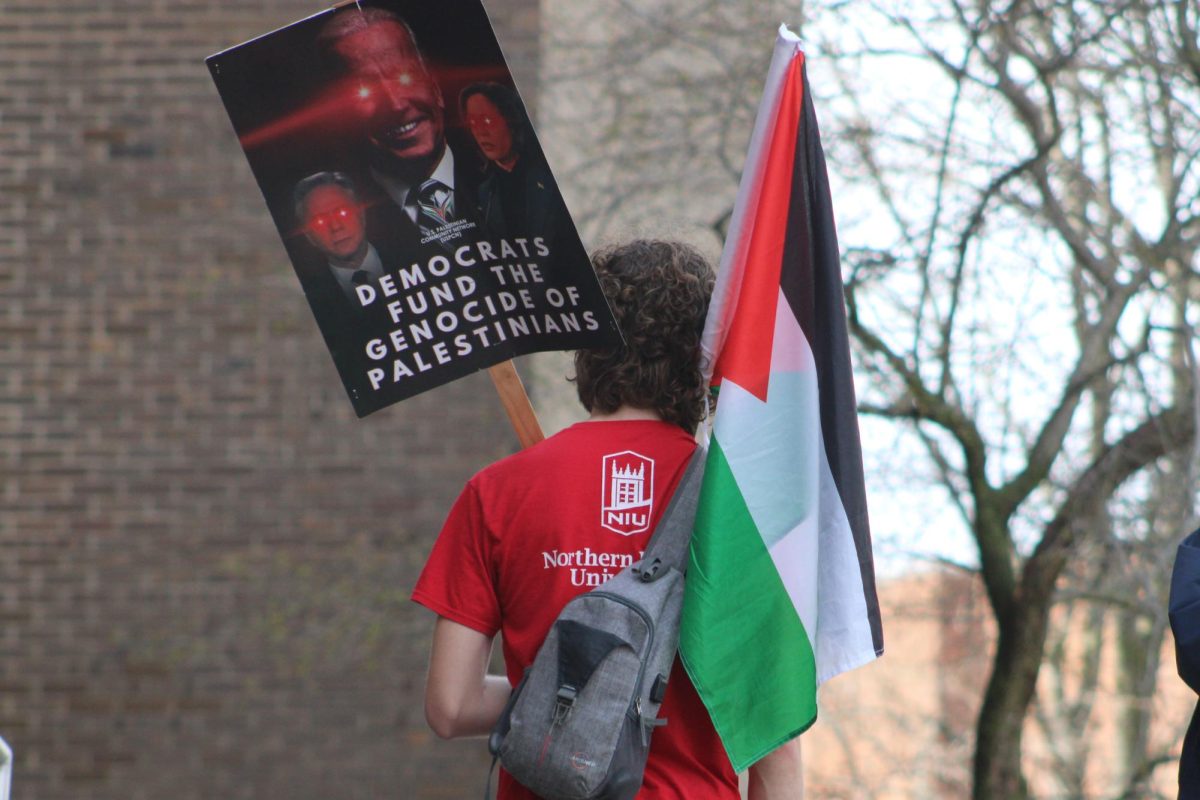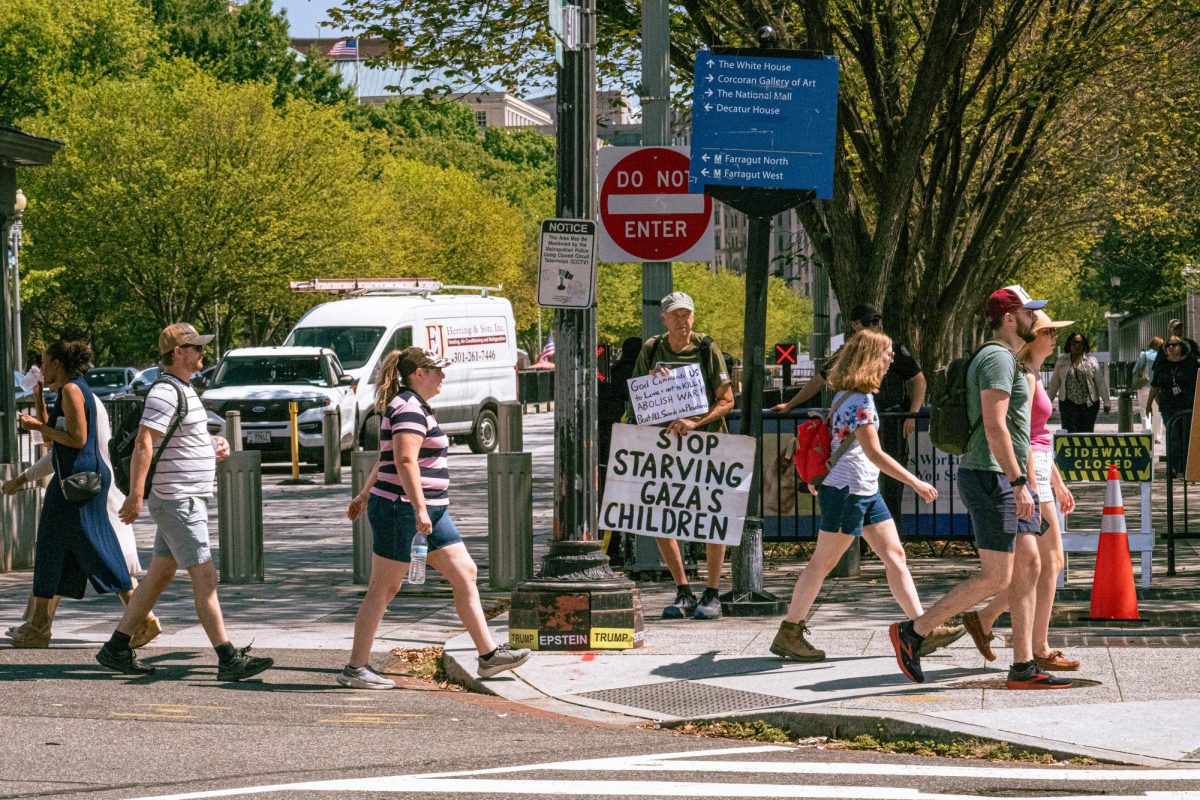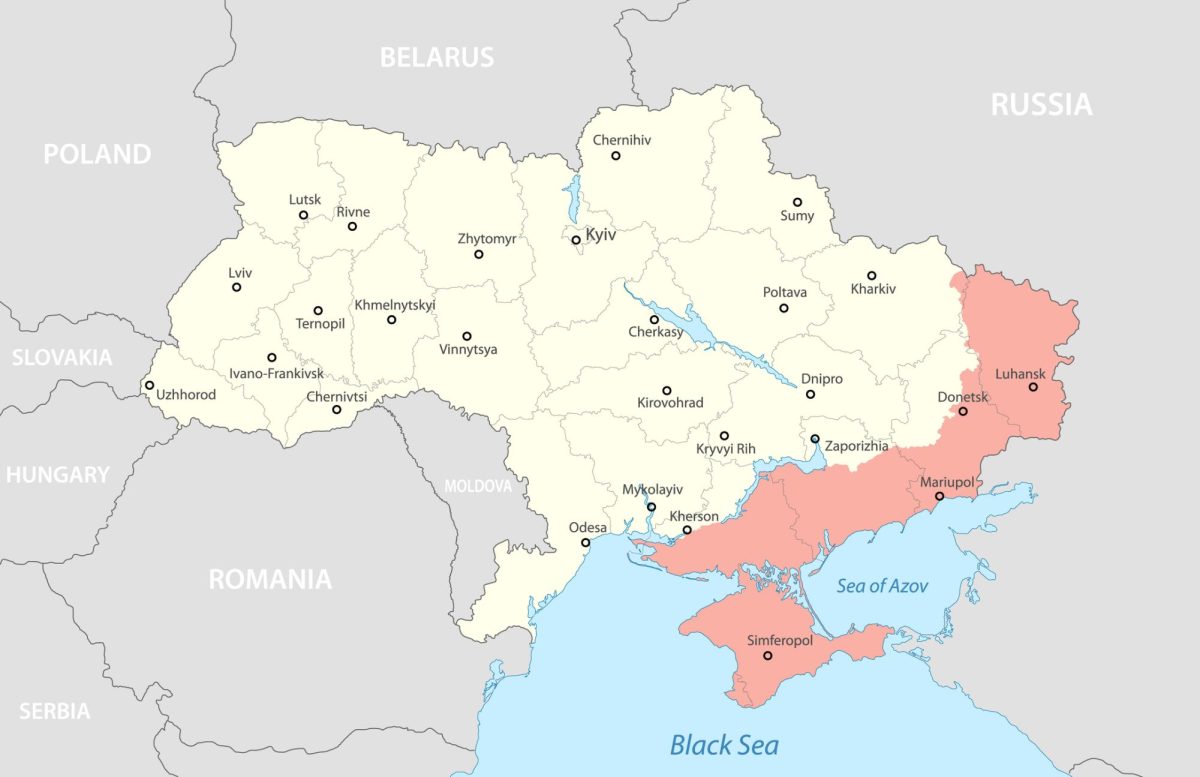It is extremely necessary to stop labeling supporting Palestinians as antisemitic. The belief that these two phenomena are inherently tied together at all times is unethical and illogical.
Conflicts between Palestine and Israel predate 1947. According to the Journal of Business and Social Science Review, there are and have been several layered parties involved which add to their complexity. While the two primary parties are Israelis and Palestinians, other parties implicated in the conflict are “the Arabs, the Muslim world and Christendom.”
The especially religious and longstanding nature of these conflicts have created deep divides between the communities involved. There have also been extremely significant developments, such as Hamas’ Oct. 7 attack on Israel and reported humanitarian law violations against Palestinians, escalating tension and public attention.
The importance of criticism and the ability to criticize both rely on the secondhand ability to avoid generalized assumptions about a group of people. Labeling support for Palestine as antisemitic is a generalization that limits the discourse surrounding actual events and policies related to these issues.
This generalization tends to lump certain types of Palestinian support into “themes that must be recognized and condemned.” Opinions such as that of the American Jewish Committee cite isolated cases of antisemitism which took place during larger organized events to support this idea. One such case took place during the larger encampment on College Green at the University of Pennsylvania. Referencing isolated cases of antisemitism unfortunately neglects to allow for discussion about the broader context surrounding them.
Incidents of antisemitism rose by 361% in the U.S. between Oct. 7, 2023, and Jan. 7 2024, according to the Anti-Defamation League. However, during this time period, The Council on American-Islamic Relations (CAIR) recorded a 178% increase in complaints of islamophobia.
The number of incidents related to antisemitism, which is 3,291, and the number of incidents related to islamophobia, which is 3,578, contain two similarities: They both exceed 3,000 cases and have risen significantly following the Hamas’ attack on Israel on Oct. 7, 2023.
This information shows a much bigger picture of the problem. It suggests that, as a whole, the conflict and oppression faced by these two religious groups rose in response to the same triggering events. Each victim experienced a wide range of discrimination and neither group was exempt.
Generalizing all Palestinian support as antisemitic disallows this comparison by focusing solely on one group’s experience, eliminating possibilities for critical examination. This is unfortunate because critical examination of larger contexts, such as corresponding widespread protests, can lead to uncovering patterns and solutions.
The ultimate goal of conversations surrounding this conflict should not be to deepen divides, but to examine reality. What can and must be criticized are the actions and decisions of those leading this conflict, as well as the forces driving it.
One prominent perspective criticizing Israel’s tactics comes from within the Jewish community. Omer Bartov, an Israeli-American professor of Holocaust and genocide studying at Brown University, shared his point of view in a recent interview with Amy Goodman and Nameen Shaikh.
“It is now clear that Israel is trying to concentrate the population of Gaza in the southernmost parts of the strip, to enclose them and to enforce, eventually, either that they would just die out there or that they would be removed from the Gaza Strip altogether,” Bartov said.
Although his outlook is bleak, it is not inherently antisemitic. Opinions held in support of Palestine are often diverse in nature, especially due to complex and ongoing changes in the conflict. It would be irresponsible to assume Bartov — or anyone else — is antisemitic simply because he has criticized Israel.
Altogether, criticism of Israel and support of Palestine are not always antisemitic. The rise in religious discrimination in the form of antisemitism was not isolated. It happened during a simultaneous rise in islamophobia. Extreme circumstances exacerbated discrimination levels for both groups, which then led to increasingly generalized beliefs about support for Palestine.
Accepting generalized statements about Palestinian support limits the average person from critically evaluating the situation in Gaza and prevents them from accepting valid criticism of the Israeli offensive.










